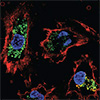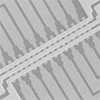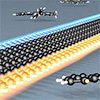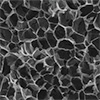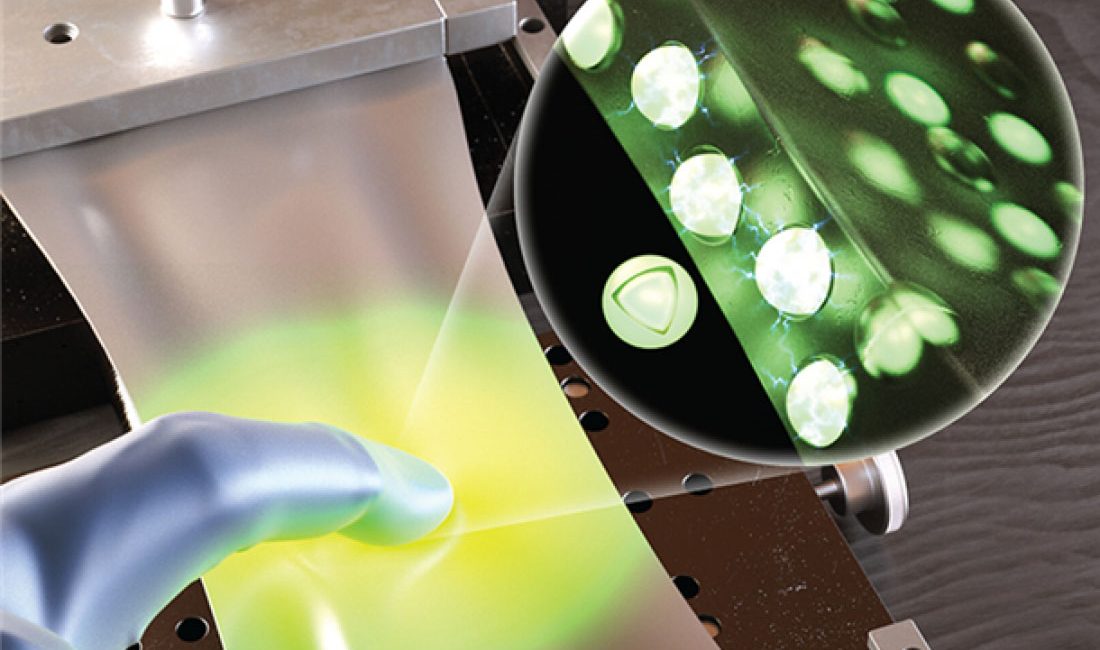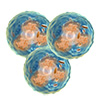May 20, 2024 (Nanowerk News) A new study conducted by the Wilhelm Lab at the University of Oklahoma examines a promising development in biomedical nanoengineering. Published in Advanced Materials ("Primary Human Breast Cancer-Associated Endothelial Cells Favor Interactions with Nanomedicines"), the study explores new findings on the transportation of cancer nanomedicines...
AI chips could get a sense of time
May 20, 2024 (Nanowerk News) Artificial neural networks may soon be able to process time-dependent information, such as audio and video data, more efficiently. The first memristor with a 'relaxation time' that can be tuned is reported in Nature Electronics ("Efficient data processing using tunable entropy-stabilized oxide memristors"), in a...
Breakthrough development that may facilitate the use of graphene nanoribbons in nanoelectronics
May 20, 2024 (Nanowerk News) An international collaborative study presented a new method for growing ultra-long and ultra-narrow strips of graphene, which exhibit semiconducting properties that can be harnessed by the nanoelectronics industry. The researchers believe that the development may have many potential technological applications, including advanced switching devices, spintronic...
Webb Telescope offers first glimpse of an exoplanet’s interior
May 20, 2024 (Nanowerk News) A surprisingly low amount of methane and a super-sized core hide within the cotton candy–like planet WASP-107 b. The revelations, based on data obtained by the James Webb Space Telescope, mark the first measurements of an exoplanet’s core mass and will likely underpin future studies...
Innovative MXene hydrogel enables wearable health monitoring and treatment
May 20, 2024 (Nanowerk Spotlight) Imagine a future where a simple stick-on patch can continuously monitor your vital signs, alert you to potential health issues, and even deliver targeted therapies – all while you go about your daily life. This vision of seamlessly integrated, multifunctional wearable health devices has driven...
Battery-free light emission powered by triboelectricity
May 20, 2024 (Nanowerk News) DGIST’s Dr. Jeong Soon-moon and the research team (Division of Energy & Environmental Technology) have collaborated with Dr. Lim Sung-jun (Division of Nanotechnology) and Prof. Kim Young-hoon (Department of Applied Chemistry, Kookmin University) to identify the principle of eco-friendly energy-based soft mechanoluminescent complex that emits...
Revolutionizing cancer treatment by intracellular protein delivery using hybrid nanotubes
May 20, 2024 (Nanowerk News) The intracellular delivery of proteins is an important technique for unveiling the cellular functions, protein complex structure, and therapeutics. However, the conventional delivery methods have several limitations. To address this, researchers from Japan have developed a novel hybrid nanotube (HyNT) stamp system that can deliver...

